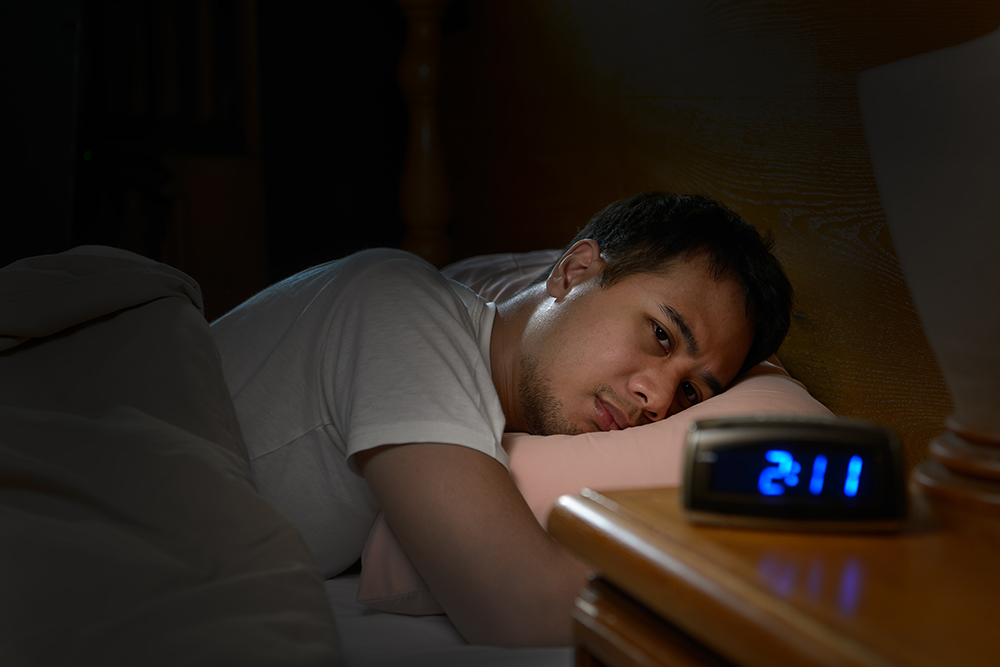Getting a good night’s sleep is crucial for overall health and well-being, but it can be a challenge, especially for those in recovery. If you rely on sleep aids, you must understand the balance between use and dependency when trying to maintain a sober lifestyle.
Understanding the Risks
Doctors prescribe benzodiazepines like Valium and Xanax for insomnia and anxiety. Though they can be beneficial, the downside is a high risk of addiction. Your tolerance can build quickly, causing you to rely on these drugs daily.
Alternatives like Ambien and Sonata, known as “Z-drugs,” may have a lower risk of physical addiction, but can lead to psychological dependence, making you believe you can’t sleep without them. They may also cause complex sleep behaviors – things you do while sleeping that you don’t remember the next day, like cooking and driving.
Melatonin may seem like a safer choice because it is a naturally occurring hormone. Unlike prescription sleep medications, it typically doesn’t cause grogginess or a hangover effect. Physical dependence is less likely, but it’s not risk-free. If you find yourself restless and worried about your ability to sleep without melatonin, you might be psychologically dependent on it.
Sleep Aid Use in Sobriety
These four tips can help you use sleep aids responsibly without compromising your sober lifestyle.
- Consult a health professional: Talk with a doctor before using any sleep aid, especially if you are in recovery.
- Understand the risks: Be aware of the potential for dependence, even with seemingly safer options like melatonin.
- Try drug-free alternatives: Consider non-pharmaceutical methods to combat insomnia, such as meditation, a regular sleep schedule, or a bedtime routine.
- Monitor your usage: Pay attention to how often you use sleep aids and your attitude toward them. Dependency can develop subtly over time.
Enjoy Balanced Sleep in Recovery
People in recovery should approach sleep aids carefully. While they can be beneficial, there is a fine line between casual use and overreliance. Prioritizing natural sleep methods and being honest with your health provider are essential for managing sleep health in sobriety.
If you’re struggling with sleep issues or concerns about addiction, reach out to us at Georgia Sky Outpatient Detox for a consultation. Our high-quality outpatient program allows you to receive medical treatment for substance abuse without leaving home. You will also benefit from our supportive counseling and case management services to get your life moving in a more positive direction.


